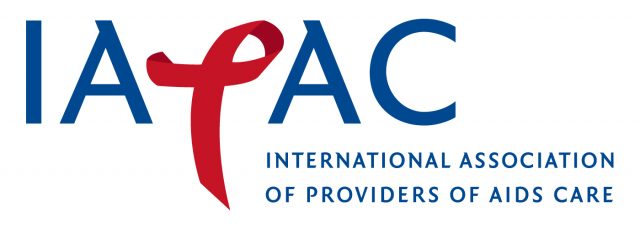
IAPAC Influences Call for New ‘Global Public Health Convention’ to Emphasize Importance of City Public Health Leadership
The COVID-19 pandemic has highlighted the need for re-thinking the public health leadership model that has traditionally governed pandemic preparedness and responses, according to the authors of a Lancet Public Health article entitled, “A Global Public Health Convention for the 21st Century,” which was published May 6, 2021, in the Lancet Public Health journal. In the article, Dr. José M. Zuniga, President/CEO of the International Association of Providers of AIDS Care (IAPAC), joined a multidisciplinary group of 20 global public health experts to make 10 recommendations to shape a new public health architecture, including the active engagement of cities.
Throughout the course of the COVID-19 pandemic, IAPAC has documented the impact of city public health leadership in relation to urban COVID-19 responses, but also in maintaining a continuity of HIV and other health services. At its Fast-Track Cities 2020 virtual conference (September 7-9, 2020). Dr. Zuniga promoted “city multilateralism” to empower elected and public health leaders to take action in response to emerging disease outbreaks and other public health threats, including existing pandemics such as HIV. Rather than waiting for national governments to develop comprehensive plans, the Lancet Public Health article’s co-authors suggest that city leaders should work directly with each other, nation-states, and global health organizations to harness collective public health action, including risk mitigation efforts that, among other priorities, address policies that are not grounded in science.
“It is hard to conceive of a more opportune time to pursue the long-overdue objective of reinforcing our global public health infrastructure given the painful lessons we have collectively learned in the lead up to and during the prolonged COVID-19 pandemic,” said Dr. Zuniga. “The International Health Regulations (IHRs) governing this infrastructure lack accountability or enforcement mechanisms, even after the superspreading outbreaks of SARS-CoV, MERS-CoV, and to a lesser extent the Ebola virus. Beyond revising the IHRs to make them enforceable, we also call for actioning a key lesson learned from the COVID-19 pandemic, which is that city leadership is critical to plan for and support pandemic preparedness and responses. We call on public health leaders to move with alacrity to draft, approve, and implement a new Global Public Health Convention that adequately safeguards humanity from a future global pandemic.”
# # #
About the International Association of Providers of AIDS Care
With more than 30,000 members globally, IAPAC is the largest association of clinicians and allied health professionals working to end the epidemics of HIV, tuberculosis (TB), and viral hepatitis by 2030. IAPAC is also the core technical partner of the Fast-Track Cities initiative and the Secretariat for its Fast-Track Cities Institute.





